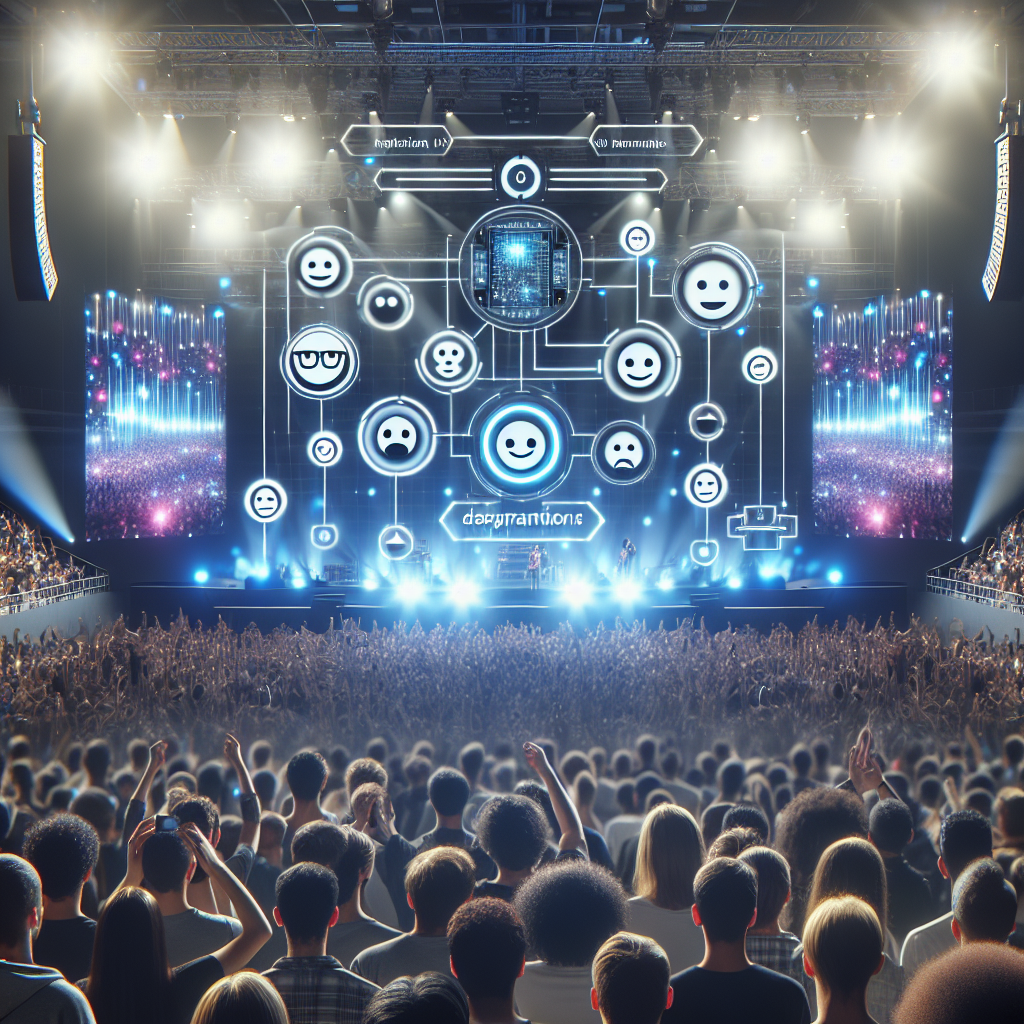Understanding the Role of AI in Real-Time Event Management
In the fast-paced world of event planning and execution, the ability to adapt and optimize experiences in real time is no longer a luxury—it’s a necessity. Artificial Intelligence (AI) is emerging as a transformative force, enabling organizers to gather real-time feedback and make data-driven decisions on the fly. From monitoring audience sentiment to adjusting operational logistics, AI is revolutionizing the way events are managed and optimized.
Real-Time Feedback Collection Through AI
One of the core advantages of AI in event management is its capacity to collect and interpret feedback instantly. Traditional feedback methods—such as post-event surveys—are limited in their effectiveness because they occur after the event is over. AI, on the other hand, can gather live data from multiple channels:
- Social Media Monitoring: AI algorithms can perform sentiment analysis on tweets, comments, and posts associated with the event hashtag.
- Facial Recognition: Computer vision tools can assess audience engagement by analyzing facial expressions and emotional responses in real time.
- Chatbots and Mobile Apps: AI-powered virtual assistants can interact with attendees during the event, gleaning insights from their questions and concerns.
These tools allow organizers to identify what’s working and what’s not while the event is still ongoing.
AI-Driven Optimization for Seamless Experiences
Once real-time feedback is collected, AI can go a step further by enabling dynamic optimization. Machine learning models can process incoming data to identify patterns and suggest actionable changes, such as:
- Adjusting lighting, sound, or temperature based on audience comfort levels.
- Modifying schedules if sessions are running late or if a speaker is particularly popular.
- Redirecting foot traffic to reduce congestion in high-traffic areas using predictive analytics.
These automated optimizations help improve the overall attendee experience and ensure that the event runs more smoothly.
Benefits of AI-Powered Event Management
Leveraging AI for real-time event feedback and optimization brings a host of benefits, including:
- Improved Engagement: Responding swiftly to audience reactions increases satisfaction and promotes deeper engagement.
- Operational Efficiency: AI can handle routine logistics autonomously, freeing event staff to focus on higher-value tasks.
- Data-Driven Decision Making: Real-time analytics provide actionable insights that can be used immediately or for future event planning.
These benefits yield measurable ROI and help set a new standard for excellence in event execution.
Challenges and Considerations
Despite its promise, integrating AI into real-time event management isn’t without its challenges:
- Privacy and Security: Using tools like facial recognition requires strict adherence to data protection regulations.
- Infrastructure Demands: Real-time processing needs a robust hardware and software setup, often requiring significant investment.
- Accuracy and Bias: AI algorithms must be carefully trained to avoid skewed results or misinterpretation of feedback.
A thoughtful implementation strategy is essential to navigate these potential pitfalls effectively.
The Future of AI in Event Optimization
As AI continues to evolve, its applications in event management will only expand. Emerging technologies like augmented reality (AR) and the Internet of Things (IoT) are expected to work synergistically with AI to create hyper-personalized, immersive event experiences. With predictive analytics, AI may soon forecast attendee needs before they arise, enabling even more proactive optimization.
Ultimately, AI is not just reshaping how events are managed—it’s redefining what’s possible for real-time interactivity and attendee satisfaction across the industry.






